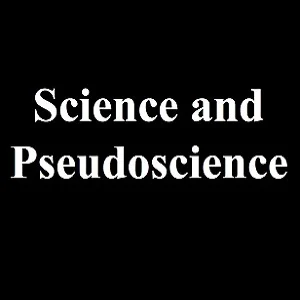In an Editorial published in Annals of Internal Medicine, Steven E. Nissen, MD, of the Cleveland Clinic blames an internet-driven cult for statins' bad reputation with the public. "We are losing the battle for the hearts and minds of our patients to websites developed by people with little or no scientific expertise, who often pedal “natural” or “drug-free” remedies for elevated cholesterol levels," he writes.
These sites, the Editorial notes, rely heavily on two arguments: 1) statin denial, the proposition that cholesterol is not related to heart disease; and 2) statin fear, the notion that lowering serum cholesterol levels will cause serious adverse effects, such as muscle or hepatic toxicity — or even worse, dementia.
"Once armed with the suggestion of harm, patients commonly experience these adverse reactions (the nocebo effect), challenge their physician about the risks of treatment, or simply stop taking their medication," says Dr. Nissen.
The widespread advocacy of unproven alternative cholesterol-lowering therapies, according to the doctor, traces its origins to the passage of the Dietary Supplement Health and Education Act of 1994 (DSHEA). It turned out that the bill's principal sponsors were congressional representatives from states where many of the companies selling dietary supplements are headquartered.
As Dr. Nissen points out: “Nearly two decades after the DSHEA was passed, the array of worthless or harmful dietary supplements on the market is staggering, amounting to more than $30 billion in yearly sales. Manufacturers of these products commonly imply benefits that have never been confirmed in formal clinical studies.”
Meanwhile, a recent study by Zhang and colleagues highlights the societal costs of the statin denial cult. Among patients with a reported adverse reaction, 70.7% continued receiving a statin; after four years, 12.2% of patients who continued statin therapy had a cardiovascular event (death, stroke, or myocardial infarction), compared with 13.9% of those who discontinued treatment.
"This study is not the first to suggest that statin discontinuation or nonadherence has grave consequences. A review of 19 studies reported a relative risk for statin discontinuation ranging from 1.22 to 5.26 for cardiovascular disease and 1.25 to 2.54 for death," Dr. Nissen says.
Adding to the confusion, a series of fad diets offer patients the promise of nearly miraculous reversal of heart disease by dietary means. In many cases, the doctor notes, the advocates aggressively promote their dietary approach as an alternative to statins, promising all of the benefits with none of the risks.
To counter the "lies" being spread online, Dr. Nissen urges thoughtful physicians to work together to educate the public and enlist media support. "We must take the time to explain to our patients that discontinuing statin treatment may be a life-threatening mistake. Passive acceptance of harmful pseudoscience is not an option," he stresses.
Source: Annals of Internal Medicine
Image Credit: James St. John
Latest Articles
statin, bad reputation, Statin Denial Cult, pseudoscience
In an Editorial published in Annals of Internal Medicine, Steven E. Nissen, MD, of the Cleveland Clinic blames an internet-driven cult for statins' bad reputation with the public.







